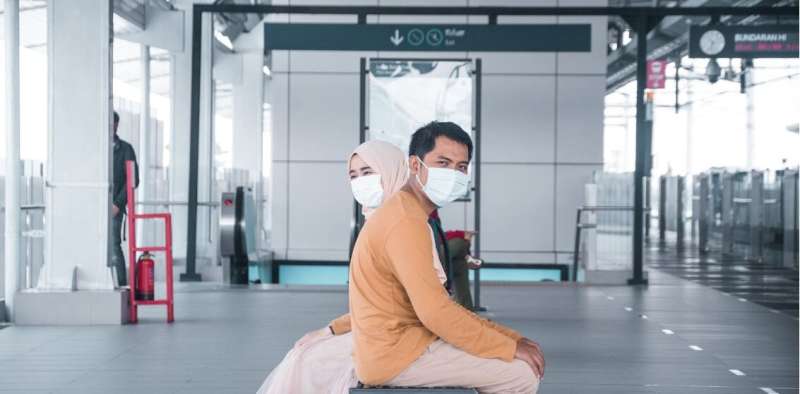
Australia ranked eighth in the world ‘s Top 10 countries to manage their COVID-19 response well, with New Zealand, Vietnam, Taiwan, Thailand, Cyprus, Rwanda and Iceland leading the way in an in-depth study by international experts.
With Latvia and Sri Lanka at ninth and tenth place, the list from Flinders University and collaborators highlights some of the 10 key causes of why some countries were successful or not in containing COVID-19 pandemic over the past year.
In the study, published in the BMJ, lead researcher, Flinders University’s Professor Fran Baum, joined experts from around the world to reflect upon the Global Health Security Index (October 2019) predictions for a public health emergency.
The U.S., U.K., Netherlands, Australia, Canada, Thailand, Sweden, Denmark, South Korea, Finland (France, Slovenia and Switzerland) were ranked as ‘most prepared’ on the index.
And while high-income countries report an average score of 51.9 (out of 100), the index shows that collectively, international preparedness for epidemics and pandemics remains very weak, the study noted.
“Now we know that ten factors contributed to the index failing to predict country responses, including overlooking the power of political, economic, and social contexts and the role of civil society—notably in western developed countries like the US and UK,” says Professor Baum, from the Southgate Institute for Health, Society and Equity at Flinders University.
“Our study builds a strong case for these 10 factors to be used in future assessments of pandemic preparedness to take into account a systems approach which enables a focus on critical system components,” the 15 authors say in the new article published in a special British Medical Journal analysis series “COVID-19: The Road to Equity and Solidarity.”
The 10 variables identified in the new study are:
“The crucial lesson from the COVID-19 pandemic is that an effective response does not rely just on a strong public health system but also requires a society that is fair and offers all its citizens and residents social and economic security,” the study concludes.
Source: Read Full Article